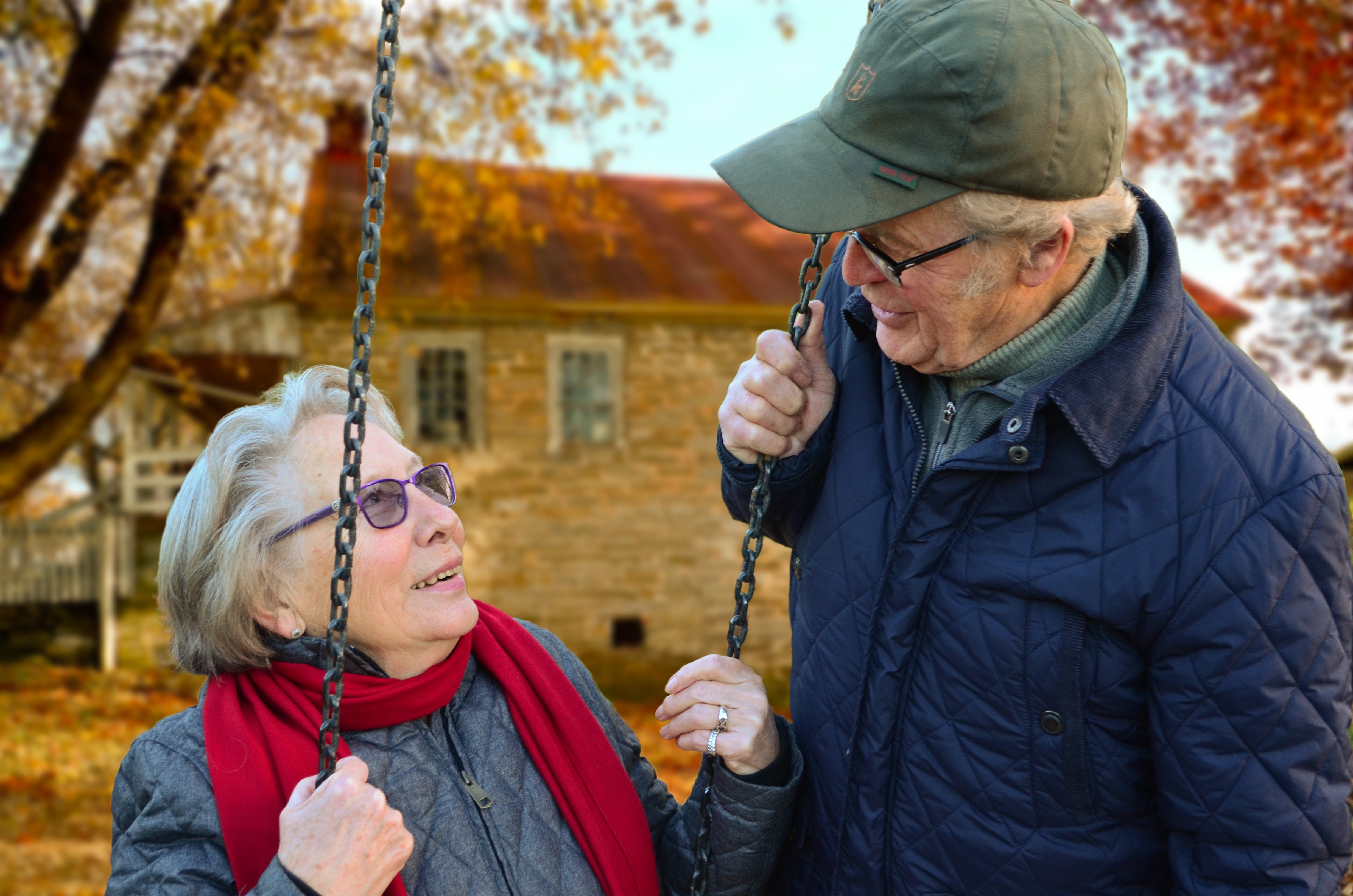
It can be one of the most frustrating aspects of having a loved one with dementia. Dad will ask the same question repeatedly. “What time are you picking me up?”
You answer him, and three minutes later he asks it again. “What time are you picking me up?” You lose your temper. You say something that later you regret. Yet, he has vivid recollections of the house you grew up in and many other things from long ago.
This is due to the fact that many dementias attack short-term memory first. Short-term memory operates like a “Post-it Note” for information that is being processed and has not yet been filed away for the long haul. For example, your ability to understand this paragraph requires you to understand and retain the first sentence while you read remaining sentences.
While there are some tricks you and Dad can do to help him recall things – physical Post-it Notes are very helpful – an important part of the solution is patience and understanding on your part. Your father’s short-tem memory loss is due to real physical changes taking place in his brain. If you could look inside his head, you would see that his hippocampus, the area responsible for holding short-term memories, has become atrophied. He simply has lost the ability to retain the information you give him.
Think of it this way. If your dad had a broken leg and was on crutches, you would not expect him to jump rope. You know that he can’t. It’s the same thing with his hippocampus. It has real physical damage. You can’t see it, however, so you expect him to remember things as though his hippocampus were healthy.
Short-term memory loss is one of the first real signs of dementia. As annoying as it might be to you, realize that it’s even worse for your father. When your dad keeps asking the same question over and over, keep in mind that he is not giving you a hard time, he is having a hard time.
About the Author:

Lorenzo Mejia and his wife, Mary Lynn Ryerson, are the owners of Acorn, a caregiver registry located in Chapel Hill.
They founded Acorn based on their experiences caring for his mom, who suffered with Alzheimer’s Disease. In 2013, he became a Qualified Dementia Care Specialist. In 2014, the Alzheimer’s Foundation named him the Dementia Care Professional of the Year in the United States.
Lorenzo is the founder of Dementia Friendly Orange County an effort to make local businesses more accommodating to people with dementia.
Lorenzo speaks often on dementia and the challenges associated with caring for loved ones. He has been interviewed by ABC News and National Public Radio. He is an advisor to Orange County’s OC-CARES Dementia Capable Community Project.
Click here for a listing of other articles from ‘The Caring Corner’ on Chapelboro.com

Acorn provides screened and vetted in-home caregivers for clients with dementia, Alzheimer’s, ALS and other similar conditions. Options include 24/7, live-in, weekly, weekend or hourly care. Acorn serves Chapel Hill, Durham, Hillsborough, Pittsboro and surrounding areas in Orange, Chatham, Durham and Wake counties.
Related Stories
‹

UNC, Duke Establish Joint Alzheimer's Research Center with NIH GrantUNC and Duke are teaming up to establish a joint Alzheimer’s Disease Research Center. One of 33, the UNC-Duke center plans to focus on how factors relating to the development of Alzheimer’s arise later contributing to racial, ethnic, and geographic disparities in developing dementia.

What Helps Prevent Dementia? Try Exercise, Not Vitamin PillsIf you want to save your brain, focus on keeping the rest of your body well with exercise and healthy habits rather than popping vitamin pills, new guidelines for preventing dementia advise. About 50 million people currently have dementia, and Alzheimer’s disease is the most common type. Each year brings 10 million new cases, says […]

Companies Navigate Dementia Conversations with Older WorkersFaced with an aging American workforce, companies are increasingly navigating delicate conversations with employees grappling with cognitive declines, experts say. Workers experiencing early stages of dementia may struggle with tasks they had completed without difficulty. Historically punctual employees may forget about scheduled meetings. And those who have traveled to the same office day after day, […]

The Caring Corner, presented by ACORN: Does the President have Dementia?According to one of his sons, Ronald Reagan’s fight against Alzheimer’s started while he was President. The fortieth president was officially diagnosed with the disease in 1994, half a decade after he left office. But his son Ron has shared that he had become increasingly concerned with his dad’s cognitive abilities as early as his […]

The Caring Corner, presented by ACORN: The Link Between Head Trauma, Football and DementiaIf you’re aware of the goings-on at Chapel Hill High School, you may have heard that the school this year is not fielding a varsity football team. Sadly (or un-sadly), there are not enough upperclassmen who want to (or are allowed to) go out. The school will still have a JV team. Our own son is at Chapel Hill […]

The Caring Corner, presented by ACORN: Challenging End-of-Life DecisionsIt’s a challenging time when someone we love is nearing the end of life. It’s hard enough to say anything, let alone have meaningful conversations about medical treatments. Patients often experience pain and those around them—family members — struggle to digest what is going on, understand the options and reach some level of agreement. Sadly, poor […]

The Caring Corner, presented by ACORN: Caring Options for Parents with DementiaMom Has Dementia… Should I Put Her Into Long Term Care? When you reach this stage with a loved one, there are two basic options. Care for your mom at home. This probably includes getting part-time care with a nursing assistant and/or having her go to an adult daycare center for certain portions of the […]

The Caring Corner, presented by ACORN: An Old Drug for a New DiseaseA drug that cures dementia? It’s the headline we are waiting for. It may be premature to celebrate, but researchers had a major breakthrough by achieving an important result in mice. They showed that tau pathologies, the second most important lesion in the brain of people with Alzheimer’s, can be reversed by a drug used […]
![]()
The Caring Corner, presented by Acorn: End of Life ConcernsThinking About the “Final Chapter”? These Books May Help “Don’t send me flowers when I’m dead. If you like me, send them while I’m alive.” – Brian Clough With the immense popularity of Atul Gawande’s 2014 book Being Mortal, there’s been a surge of interest in learning about end-of-life concerns – and making informed decisions […]
![]()
The Caring Corner, presented by Acorn: Why Does Dad ask me the same question again and again?It can be one of the most frustrating aspects of having a loved one with dementia. Dad will ask the same question repeatedly. “What time are you picking me up?” You answer him, and three minutes later he asks it again. “What time are you picking me up?” You lose your temper. You say something […]
›












